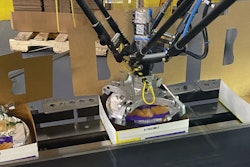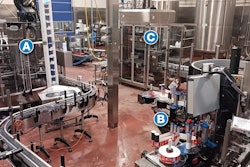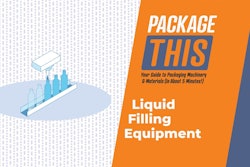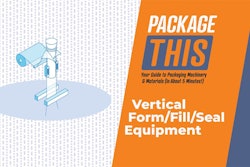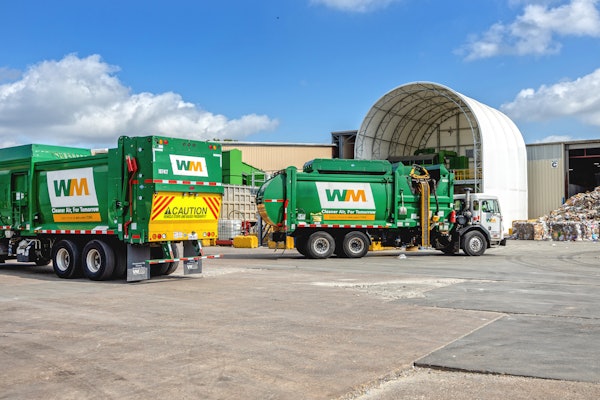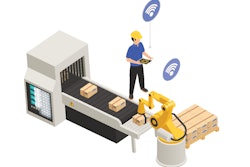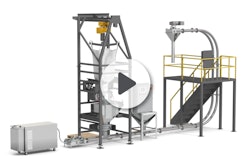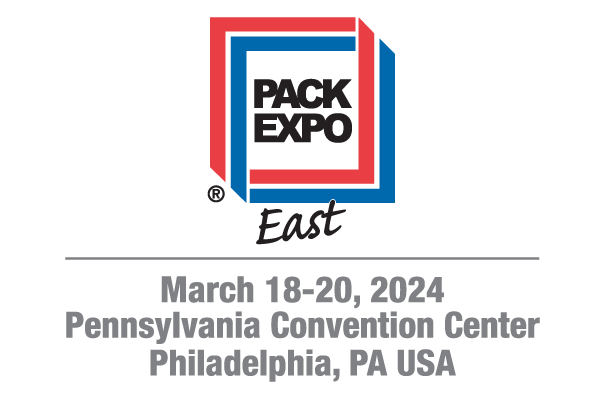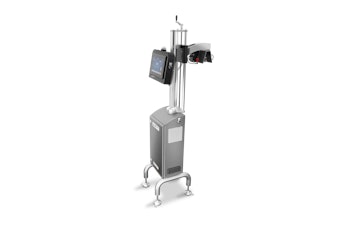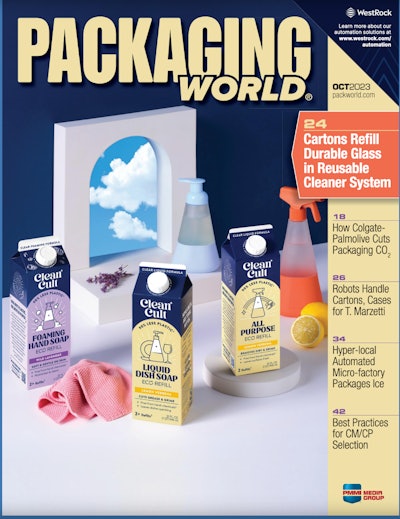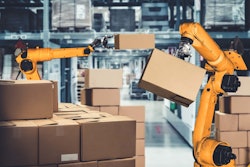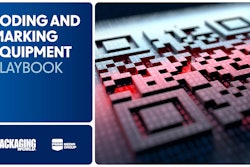In this episode of Package This we are hot on the case…of case packing equipment.
Case packers are end-of-line machines that get your primary and secondary packages into corrugated shipping cases to be palletized and shipped. Depending on your need, you can get units that only form the cases, or machines that only load or seal them. Or you have the option to get an all-in-one unit that does all the case packing operations on a single machine.
How a product is loaded or packed into the case is very important. There are top load, drop packers, vertical packers, bottom load and horizontal machines, many of which we will explore in this episode. Be sure to stick around until the end of the video to learn about the various options. Now, let’s get packing!
Case Erector
To put stuff into a case, the case must first be formed and erected. The machines dedicated solely to this case are called case erectors.
One example is the Boxxer case erector from Paxiom, seen here transforming die-cut corrugated sheets into boxes. The Boxxer works with RSC, or regulated slotted containers, as well as half slotted containers or HSCs, two of the most common case formats.
The Boxxer automates the process of erecting corrugated RSC or HSC cases and securely seals the bottom of the cases using tape or glue.
Paxiom can tailor case erectors for various production rates, catering to low-, mid-, and high-speed requirements, achieving reliable and user-friendly operation at speeds of up to 35 boxes per minute.
Paxiom reports this model offers cost-effective maintenance while consistently accommodating a wide range of case sizes, from small coffee pod boxes to large industrial cases for furniture.
Tray Former
Imagine a wide, flat case without the top and you have a corrugated tray. Related to cases, corrugated trays are another common type of container your brand might use for shipping items like cans, flexible packs, goods in cartons and shrink-wrapped items, among others.
While corrugated tray equipment requires a different type of loader for handling the tray format, it creates end-of-line packaging designed for durability in shipping just like case packers.
Let’s look at Paxiom’s PopLok Tray Forming Machine in action, forming flat corrugated shipping trays. The PopLok is able to craft a range of tray styles and sizes, whether you require a secure lidded design or opt for open-top options.
From efficient fold-and-tuck shippers to attractive retail trays with back walls and convenient inserts, it can be designed to meet specific needs for industries like electronics, food, consumer goods, apparel, pharmaceuticals, and hardware. Paxiom reports this unit is easy to use and does not require expensive change parts.
Case or Tray Loader
Once a case or tray is formed, the next step is packing the product in, or loading. For many brands, robotic loading of cases or trays can provide efficiency and flexibility in packing formats.
One option is Blueprint Automation’s versatile, robotic case loader packing bags of cranberries. This machine is a two-axis gantry, loading cases and creating vertical or horizontal pack patterns on the same system. Check out the bags going in with the case on its side. With a much smaller footprint taking up less linear floor space than a typical larger multi-axis robotic system, the system picks and loads products into a variety of secondary containers.
Now, we see the system loading bags of vegetables using a vertical drop load method. Blueprint reports that this loader is a less costly system, designed to give CPGs the freedom to run bags, cartons, and more on the same case packer.
Horizontal Case Packer (Integrated erect/load/seal)
Horizontal case packers are an option to consider when packing light products that may be easily crushed.
Take a look at Syntegon’s Elematic 1001 SL, an all-in-one integrated erector, loader and sealer. This sideload, horizontal machine packs coffee bags, cartons and more into RSC cases. Here we see products are being loaded through the bottom of the case, so the tops of the bags don’t get crushed.
The system can intake up to 160 products/minute and produce up to 20 cases/minute. Syntegon says this horizontal packer has a large format range, is very compact and features quick changeovers, thanks to the Elematic Click System. The machine is also designed for sustainable packaging. The Elematic 1001 SL can pack a wide range of products, thanks to a variety of infeed mechanisms, including cookies, bars, crackers, coffee, tea, and even toys and personal care products.
Vertical Case Packer (Integrated erect/load/seal)
Vertical packers are an option for brands that have heavier products, such as bottles or containers that tend to spill or topple.
This is Schneider’s Vertical Case Packer, a vertical all-in-one case erector, loader and sealer. Here we see it lifting products up into open cases using a bottom load method. This unique design supports product securely and gently throughout the process, ideal for food applications with delicate products, beverages, and shrink-wrapped products.
Schneider’s packer features a small footprint with case erect, load, and seal all within one frame and wiring housed safely overhead. This vertical case packer is also equipped with Intelligent Illumination, a system that proactively alerts operators precisely where attention is needed without consulting the HMI.
Top Load Case Packer
Top loaded cases can be used in applications such as stacking pouches and personal care items. Top loaders are often used when corrugated partitions within the case are needed to help stabilize larger bottles and minimize contact between products during shipping.
Top load packers load product into the case through a pick-and-place method through the open top flaps of a shipper case.
This top loader from Fallas Automation is packing various types of flexible bags into cases using a robotic arm. One of a variety of case packing machines Fallas offers, this top load case packer can use high speed robots such as the Fallas Adabot robot or a Fallas Integrated ABB vision guided robot.
Top load case packing can also use simple means such as gravity to load products using a component called a bullnose pull-back.
Case sealers
Some case packing lines only need a dedicated sealer. Also called box sealers, these units close and seal the case using either tape or adhesives, which can be either a cold, water-borne adhesive or of the hot melt adhesive type.
Case top and bottom sealers come in semi-automatic and automatic configurations to protect your case and keep it tightly sealed throughout the supply chain.
After these machines close the flaps and apply the seal, our boxes are ready for labeling and palletizing before they go to a warehouse, distribution center, or truck!
Thanks for watching Package This — your guide to packaging machinery and materials.
For more videos on packaging machinery and materials, please subscribe to our full Package This series on YouTube.
And if you’re looking for case packing machine suppliers, explore PMMI ProSource, a searchable directory with 1,000 packaging and processing suppliers. Visit ProSource.org to search suppliers by package type, material, or features.
Until then, keep on packaging!


